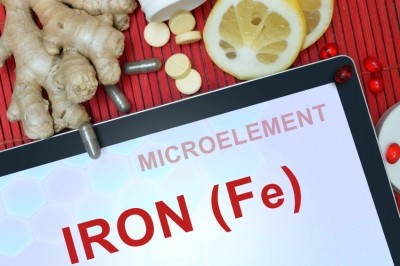Phytosterol fortified milk lowers cholesterol and fatty liver build-up: BASF-supported study

Researchers from Shanghai Jiao Tong University discovered that after 12 week daily dose of phytosterol esters (PSE), rats fed with a high-fat diet showed lower LDL-C levels, and less fatty liver build-up.
“Considering their cholesterol-lowering, antioxidant and hypoglycemic effects, we hypothesized that phytosterols would attenuate events leading to NAFLD,” they wrote.
“Treatment with PSE improved liver histology, reduced hepatic total lipids, and decreased the serum ALT and AST levels in the rats with NAFLD.”
PSE are similar in structure and function as cholesterol. Foods rich in phytosterol include unrefined vegetable oils, whole grains, nuts, and legumes.
For the study, rats with similar body weights were put into five groups: Normal (NC), high fat diet (HF), low-dose PSE (PSEL), medium-dose PSE (PSEM), and high-dose PSE (PSEH).
The NC group had a standard diet, while the rest fed with high-fat diet for 12 weeks. All three PSE groups took PSE-fortified skimmed milk once a day. Dosage were 0.05g, 0.10g and 0.15g respectively. As control, NF and HC groups also took skimmed milk.
Findings showed the LDL-C levels of the PSEL group were lower by 18% (week seven) and 14% (week 12) compared to the HF group.
“The fasting blood glucose (FBG) level in the high-dose PSEH group showed significant decrease after 12 weeks of PSE intervention,” researchers added.
Greatly improved
A comparison of rat livers from all groups revealed high lipid accumulation in the livers of HF rats group compared to that of NC group, which showed no obvious pathological changes.
Meanwhile compared to the HF livers, all PSE livers showed healthier appearance, with lesser fatty accumulation.
“The liver anatomical appearance was greatly improved by PSE intervention,” researchers reported.
“The PSE treatments at the three [group] doses significantly decreased the hepatic TG, TC and FFA levels compared with those in the HF group.”
While the results pointed to PSE as possible aid in prevention or progression of NAFLD in rats, further studies still need to determine PSE’s potential as therapeutic agent for humans as well, the study stated.
However, it concluded: "The results of this study suggest that PSEs may be used as therapeutic agents for the prevention and progression of NAFLD."
The work was supported by the Newtrition Asia Research Grant by BASF.
Source: Scientific Reports 7
“Phytosterol esters attenuate hepatic steatosis in rats with non-alcoholic fatty liver disease rats fed a high-fat diet”
Authors: Lihua Song, Dan Qu et al.















